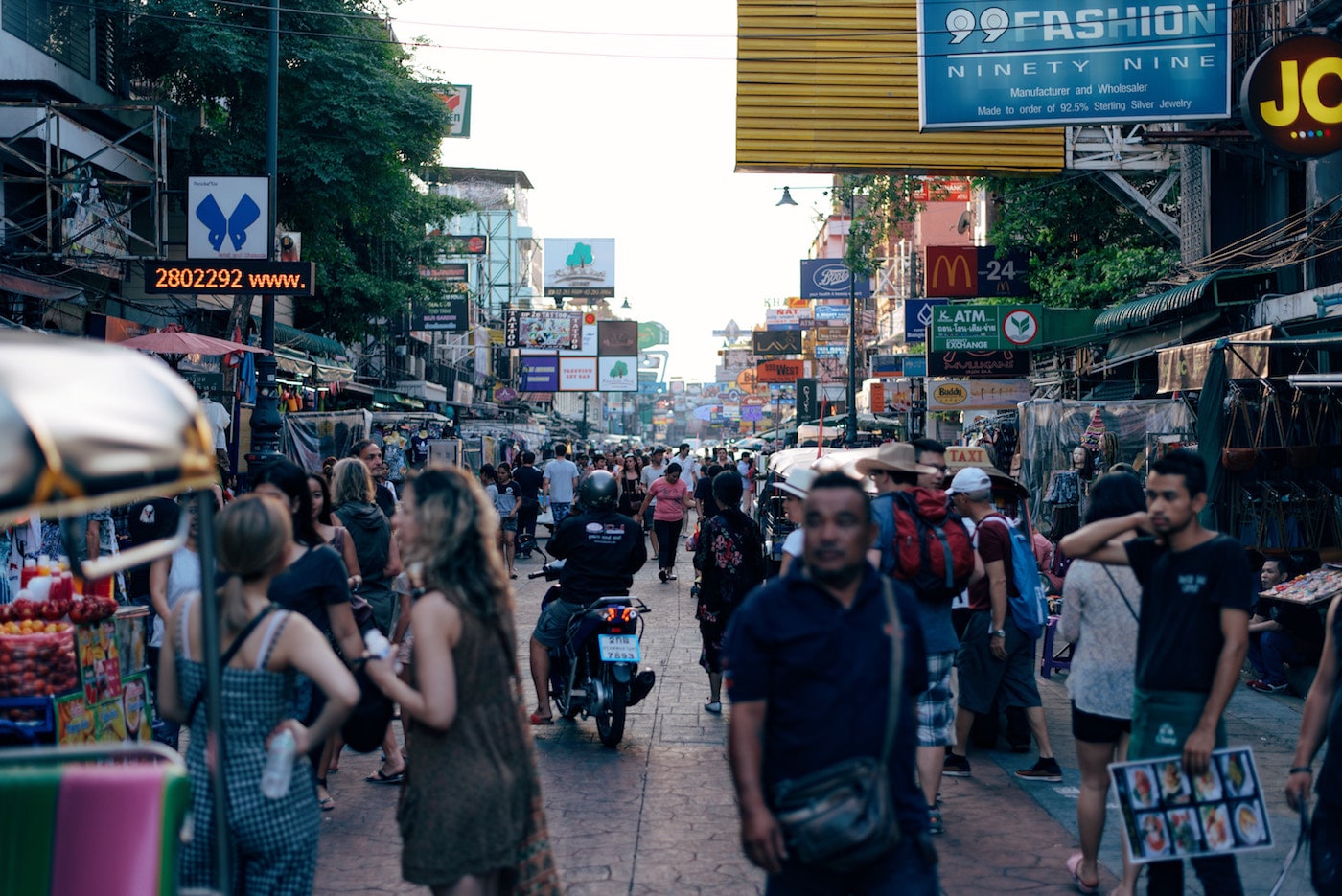The Internet is borderless, decentralised and indiscriminate, and it can empower people across class, colour and social status. But one question has always intrigued me: How can the universality of the Internet be ensured and sustained? I received the theoretical response to this question at the Pakistan School on Internet Governance in 2016 where I learned about the multistakeholder model and community-driven approaches to addressing the broad range of complex issues of the Internet ecosystem. Being part of a telecom regulator in South Asia that generally follows the chain of command, the idea of inclusive policies and programmes was truly a revelation. I decided to explore further and applied for a fellowship to the 2017 Asia-Pacific Regional Internet Governance Forum (APrIGF) and the Asia-Pacific School on Internet Governance (APSIG).
APSIG kicked off on 22 July, followed by APrIGF that ended on 29 July in the beautiful city of Bangkok, Thailand. APSIG had a fantastic line up of speakers that touched upon advanced topics like the Internet governance ecosystem, data governance, cybersecurity, Internet of Things governance, gender equality and the digital economy. The learnings I gained from APSIG laid an ideal foundation for me to contribute to APrIGF discussions. As a first timer to these regional events, I was in a dilemma when I had to choose from the rich and diverse line up of APrIGF workshops to participate in. Thankfully, the APrIGF fellowship programme offered help by assigning subthemes to the fellows, and I was rapporteur for the subtheme on “the digital economy and enabling innovation”.
I learned that the digital economy is dynamic and complex, and requires a whole-of-society approach in order to reap its true benefits. It involves addressing a set of complex challenges related to access, affordability, quality of service, cybersecurity, online rights, licensing conditions, taxation and enabling innovation and a competitive online business environment. Moreover, connecting and enhancing the digital literacy of unserved and underserved communities should be a priority so that they can participate in the digital economy. More importantly, I have understood that governments need to step forward and become a part of this multistakeholder process and pursue the opportunities that the digital economy and disruptive technologies such as blockchain and the Internet of Things offer.
In one week of knowledge, networking, participation and engagement, I can confidently say that the people I met and the friends I made are easily the best part of the whole experience. We had a blend of professionals, students, experts, journalists, civil society and marginalised communities from all across the Asia-Pacific region that were welcomed with enthusiasm and warmth by the Internet community. The Asia-Pacific region has more than half of the Internet users in the world, yet the region as a collective voice, requires its Internet users to realise that they are the most important stakeholder in the Internet ecosystem, free from any chain of command. We, the Internet users, play a key role in shaping the Internet of the future.
